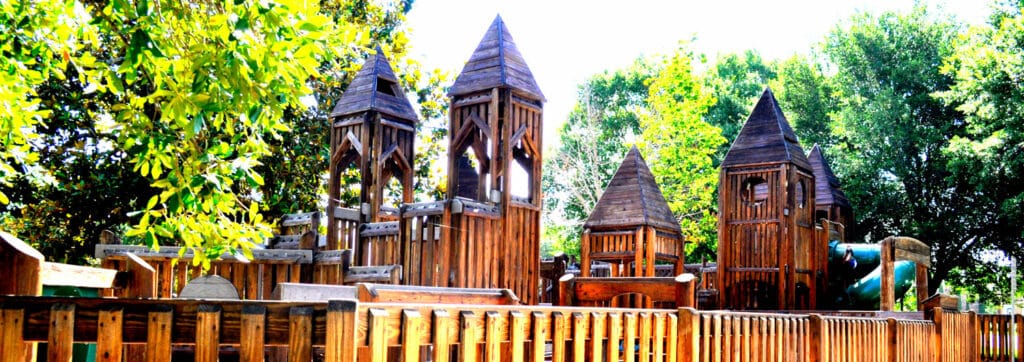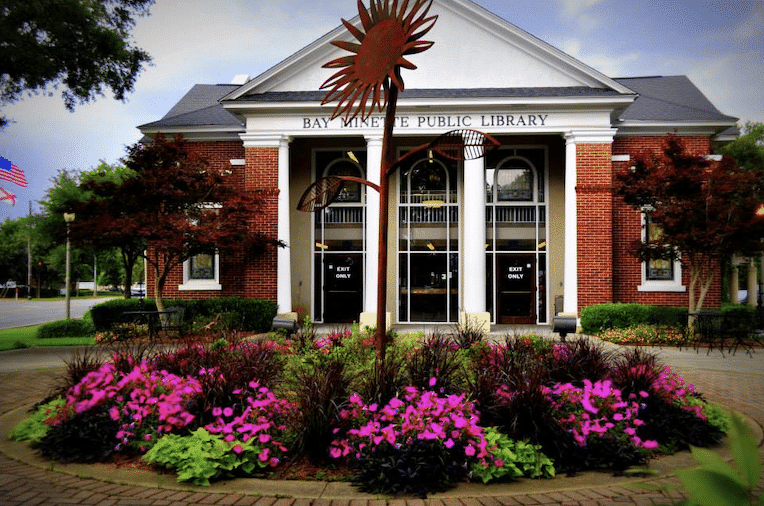Tackling a home renovation, spring cleaning spree, or a large-scale construction project? The sheer volume of waste can feel overwhelming. But don't worry, we've got you covered! This comprehensive guide will walk you through everything you need to know about dumpster rentals, ensuring a smooth and efficient waste disposal process. Let's dive in and master the art of dumpster rentals!
What is Dumpster Rental?
Overview of Dumpster Rental Services
Dumpster rental offers a convenient and efficient solution for managing large volumes of waste. Whether you're a homeowner tackling a renovation, a contractor managing a construction site, or a business needing to dispose of bulky items, renting a dumpster provides a dedicated container for your waste, simplifying the disposal process. These services typically involve selecting a dumpster size, scheduling delivery and pickup, and adhering to specific waste disposal guidelines. The services cover a range of waste types, from construction debris and yard waste to renovation materials. They typically include the container rental, delivery and pickup, and disposal of the waste at an approved facility. Many companies also offer additional services such as junk removal and recycling options. Finding the right provider depends on factors like location, project needs, and budgetary considerations.
How to Rent a Dumpster
Step-by-Step Process
Renting a dumpster is straightforward. First, determine the size of dumpster you need based on the volume of waste you anticipate generating. Then, contact several local waste management companies to get quotes. Compare prices and services, making sure to clarify all fees upfront, including delivery, pickup, and disposal costs. Once you've chosen a company, schedule your delivery. They’ll typically deliver the dumpster to your designated location, and you can start filling it. After it’s full, schedule pickup with the company and they will haul it away for proper disposal.

Selecting the Right Size
Dumpster sizes vary significantly, typically ranging from small residential bins to large construction containers. Common sizes include 10-yard, 15-yard, 20-yard, 30-yard, and 40-yard dumpsters. Choosing the right size is crucial to avoid unnecessary costs or running out of space. Consider the type and volume of waste you anticipate, comparing dumpster capacities to your project's needs to get a cost-effective option. Overestimating is better than underestimating to avoid costly extra trips.
Costs of Dumpster Rentals
Factors Influencing Cost
The cost of dumpster rental varies based on several factors. The size of the dumpster is a primary cost driver, with larger dumpsters costing more. Rental duration also influences the price, as longer rentals generally cost more. The type of waste plays a role; some waste types, such as hazardous materials, may incur additional fees. Location can also impact costs, as transportation distances impact the overall pricing. Finally, add-on services, like multiple drop-offs and extra-large items, can increase the overall cost. Many companies provide quotes for these services based on your needs.
How to Get the Best Price
To secure the best price, shop around and compare quotes from multiple dumpster rental companies. Look for discounts or special offers, especially during off-peak seasons. Clearly define your https://robertsdale-alabama-36561hx814.iamarrows.com/what-size-dumpster-do-i-need-for-my-project needs, including the dumpster size, rental duration, and type of waste, to obtain accurate quotes. Negotiating can also help lower costs, especially for larger or long-term rentals. Remember to ask about any hidden fees or additional charges upfront to prevent surprises.
Types of Waste You Can Dispose Of
Acceptable Materials
Most dumpster rental companies accept a wide range of materials. This typically includes construction debris (wood, concrete, drywall), renovation waste (old flooring, fixtures), yard waste (leaves, branches, grass clippings), and household junk (furniture, appliances). However, specific restrictions may apply based on local regulations and the waste management company's policies. Check the company’s guidelines to be sure your waste is acceptable.
Prohibited Items
Certain items are typically prohibited from dumpster rentals. Hazardous materials, including chemicals, paints, batteries, and medical waste, require specialized disposal and are often not accepted. Similarly, e-waste (electronics) requires proper recycling and isn't usually included in standard dumpster rentals. Flammable materials and other dangerous substances should not be put into dumpsters, so ensure you dispose of them appropriately.
Choosing a Dumpster Rental Company
What to Look For
Selecting a reliable dumpster rental company is crucial. Check online reviews and ratings to gauge their reputation for reliable service, timely delivery and pickup, and customer satisfaction. Ensure they are licensed and insured for liability and worker’s compensation purposes. Confirm their service area includes your location and that they can handle the type and volume of waste you need to dispose of. Transparency regarding pricing and associated charges is also critical to avoid any unexpected costs.
Comparing Local Options
When comparing local options, consider factors like pricing, availability, dumpster sizes, and customer service responsiveness. Check their policies on waste types, rental duration, and additional fees. Obtain multiple quotes to find the best combination of price and service quality. Read customer reviews to gauge overall experience and reliability to inform your choice.

Tips for a Successful Dumpster Rental Experience
Preparing Your Site
Before the dumpster arrives, clear the designated area of any obstructions to ensure easy delivery and placement. Consider the weight capacity of your driveway or area to prevent any damage. Prepare a level surface to ensure stability and prevent potential hazards. This preparation ensures a smooth delivery and retrieval process and minimizes the risk of accidents or damage.
Follow Local Regulations
Familiarize yourself with local regulations regarding waste disposal. Some municipalities require permits for large-scale waste disposal projects. Adhere to guidelines on acceptable and prohibited waste materials, ensuring proper sorting and disposal of different items. Non-compliance can result in penalties and added expenses, so check your area's regulations.

Frequently Asked Questions
- What sizes of dumpsters are available for rental? Dumpster sizes vary widely, typically ranging from 10 to 40 yards. How long can I keep the dumpster? Rental durations are flexible, typically ranging from a few days to several weeks. Can I rent a dumpster for a single item? Yes, but it's often more cost-effective to consider alternative disposal methods for single items. What happens if I fill the dumpster beyond the limit? Overfilling may lead to additional fees or refusal of pickup. Are there any hidden fees associated with dumpster rental? It's essential to clarify all fees upfront to avoid surprises.
In conclusion, renting a dumpster can significantly simplify your waste disposal needs. By understanding the process, factors influencing costs, and selecting a reliable company, you can efficiently manage your waste, ensuring a smooth and environmentally responsible project completion. Contact a local waste management company today for a free quote and start your project off right!